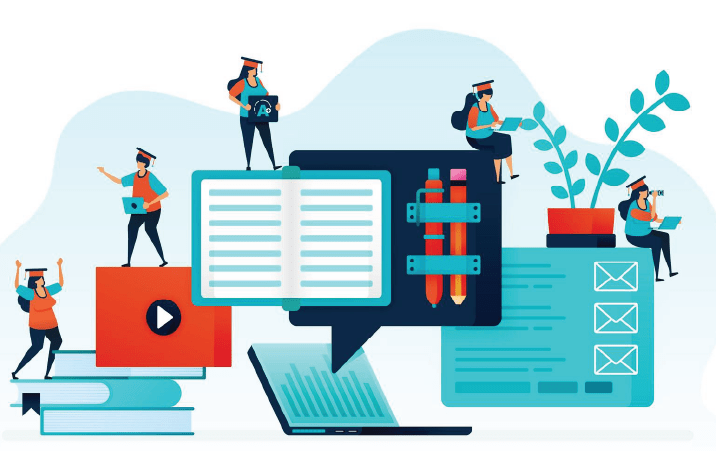With over 2/3rd of its learners residing in the hinterland, India must embrace technology to deliver quality education to mass learners
Mr Kar was my Hindi teacher during high school. The fine gentleman once narrated a story about a newly married couple. In his narration, he dramatized how a minor squabble between a newly-wed couple took a turn for the worse. The man had pointed out that he was the sole breadwinner in the household and was, therefore, the ‘de-facto’ captain of the house. To which the wife pointed out that everything in their household was ‘gifted’ by her parents and therefore she had the upper hand.
The rest of the story is similar to what cinemas are made out of, but the way in which Mr Kar narrated and then dissected the story to delve into values around gender equality, need for mutual respect and the evil effects of the dowry system, had a very profound impact on all of us. Teachers like Mr Kar deliver Knowledge (Jnan), Wisdom (Pragya) and Truth (Satya) in ways that impressionable minds can imbibe and truly benefit from.
Mr Kar was one of the finest, who was less of a language tutor and more of a teacher of ‘Virtues and Values’. Such teachers go a long way in developing community bonds and strengthening its value systems. Every school district, perhaps every school, is endowed with teachers like Mr Kar who possess unparalleled ability to sculpt youth mindsets. Unfortunately, they are too few to serve their larger communities in person. In his career spanning 35+ years, Mr Kar would have positively impacted over 10,000 students. Is there a possibility to harness Mr Kar’s abilities for serving millions of students each year? Is it possible to develop learning programs that can enable millions of learners to access the best teachers from all over the country?
Today, EdTech makes it possible for millions of students to be in digital classrooms of teachers like Mr Kar who can contribute immensely in developing knowledge, skills and values.

Such a solution will empower the ecosystem with its high-quality content and delivery mechanisms and thus allow teachers to contribute in a facilitative role. This can solve the skill gap amongst teachers in the hinterland and bridge the quality gap at urban agglomerations and their counterparts in the hinterland.
The FM in her recent Budget speech announced the establishment of a National Digital Educational Architecture (NDEAR) within the context of a Digital First Mindset. While details are awaited, I believe that it will encapsulate a national digital library that educational institutions and learners across the country can access. I am certain that such an ed-tech infrastructure will allow newer pedagogical models to evolve that, amongst other things, can solve the problem of poor quality education in the hinterland and yield exponential social dividends in the long term.
What I would watch out for, with bated breath, are not how soon such infrastructure is developed or what pedagogical models evolve, but, how soon education administrators accept, implement and transition to the new pedagogy. A robust cultural transformation program is likely to hold the key to evangelising a digitally enabled learning ecosystem in India.
Disclaimer: The views expressed in the article above are those of the authors’ and do not necessarily represent or reflect the views of this publishing house
Written By- Shiv Tiwary
Courtesy: BWEducation








